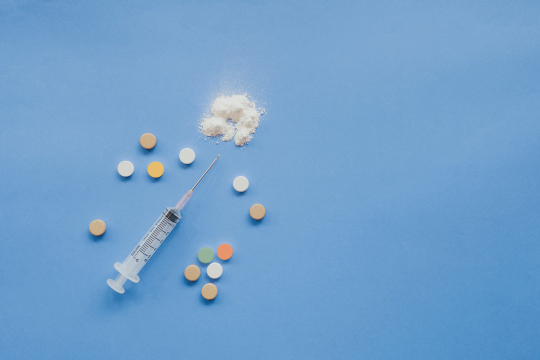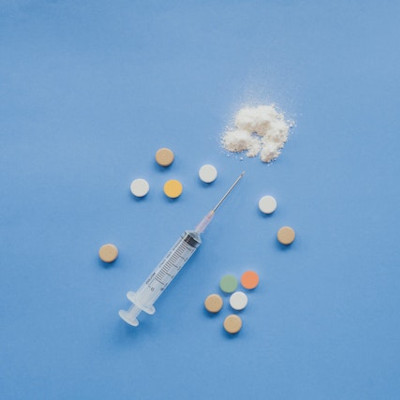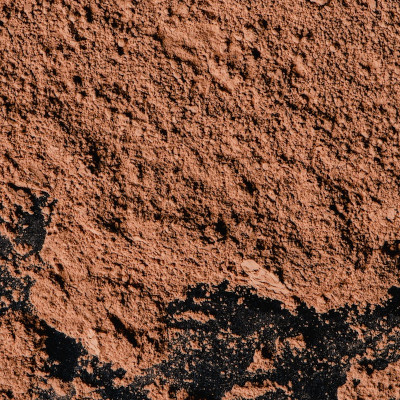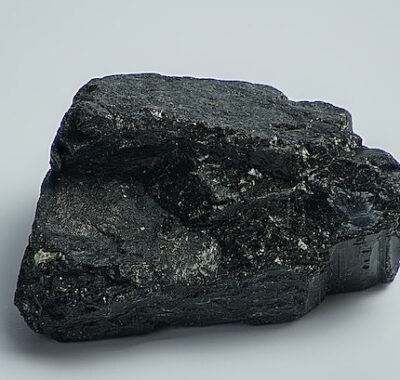
What Is Black Tar Heroin?

You may think your loved one is suffering from substance abuse disorder, but feel too uncertain about the signs to intervene. What does black tar heroin look like? Smell like? Read on for more information about black tar heroin and how to recognize the signs of addiction.
Table of Contents:
Understanding the different types of heroin
Heroin is a semi-synthetic opiate made from morphine, which comes from the opium poppy. It’s most commonly available in three forms: white powder, brown powder, and black tar. Let’s take a look at the differences between them.
White powder heroin and brown powder heroin
White powder heroine
The purest form of heroin is a salt form of the drug called diacetylmorphine hydrochloride, which looks like a shiny, white powder. This is the most refined form of heroin available. Typically, other white powder substances will be mixed, aka “cut”, with heroin to increase profit. This form of heroin can smell like vinegar and taste bitter. Because it dissolves easily in water, it’s often consumed via injection. It also can be snorted and is easily mistaken for cocaine. White powder heroin has a much higher burning temperature than other substances, so it’s not often smoked.

Brown powder heroine
Brown powder heroin is more refined than black tar heroin, but less pure and expensive than its white powder counterpart. Sometimes it is made by mixing crushed black tar heroin with other substances so it can be snorted.
Depending on what additives were used, the smell of brown powder heroin can vary from having no smell to smelling like chemicals, cat urine, or even chocolate. This form of heroin can either be smoked or snorted, making it popular among suburban teens and other demographics that would otherwise avoid it.

What is black tar heroin?
Black tar heroin is made using crude methods and is the least refined form of heroin. It is also the fastest and cheapest to make. Its color varies from deep red to dark brown or black – hence the name – and texture can vary from a gooey consistency to small, dark colored rocks.
It often has a strong vinegar smell, and contains contaminants from processing. Black tar heroin is consumed by grinding it down, diluting it, and either smoking or injecting it.

Additives and other risks
It’s important to understand that sources of heroin can vary greatly as there are no regulations regarding its production. Illegal substances come from operations of all sizes, shapes, and budgets, from high-end labs to small home operations. Some producers of high-end heroin will use fillers, like other opioids, to maximize the euphoria experience.
Those looking to stretch supply and increase profits, on the other hand, will typically use cheap, easily obtained ingredients like talc, flour, or cornstarch. When dealing with low-end cheaper forms like black tar heroin, those making the drugs will typically mix cheap, easily obtained ingredients with heroin, like dirt, shoe polish, or even pesticides.
While some people claim to have the ability to recognize dangerous additives based on smell or touch, the only true way to know what is in a batch is to have it tested at a lab.
Signs of black tar heroin abuse
80% of heroin addicts in the US fell into addiction after developing a dependency on prescription opioids. If you think your loved one may be addicted to black tar heroin, here are some signs to look out for:
Paraphernalia
Paraphernalia including needles, glass pipes or tubes, spoons with lighters, or signs of the drug itself. Paraphernalia that has been used will often have burn marks.
Physical changes
Physical changes such as bloodshot eyes, sudden weight loss, extreme drowsiness, shortness of breath, severe itchiness, nausea and vomiting.
Behavioral changes
Behavioral changes like secretive behavior, lack of motivation, financial problems/constantly borrowing money; depression, slurred speech, and paranoia.
Elite Home Detox Can Help You Plan An Effective And Discrete Intervention
If you believe your loved one is struggling with addiction to black tar heroin, Elite Home Detox can help. We offer in-home drug rehabilitation and support services for those who want or need an alternative to traditional clinics. Our trained addiction intervention specialists can work with you and others from your loved one’s support network to design an effective and compassionate message to motivate your loved one to accept help.
Should your loved one choose to accept our services, a medical professional will stay onsite with them during detox to monitor progress and ensure their comfort between check-ins with the doctor.
We know you have questions, and we’re ready to help. Contact us today!


